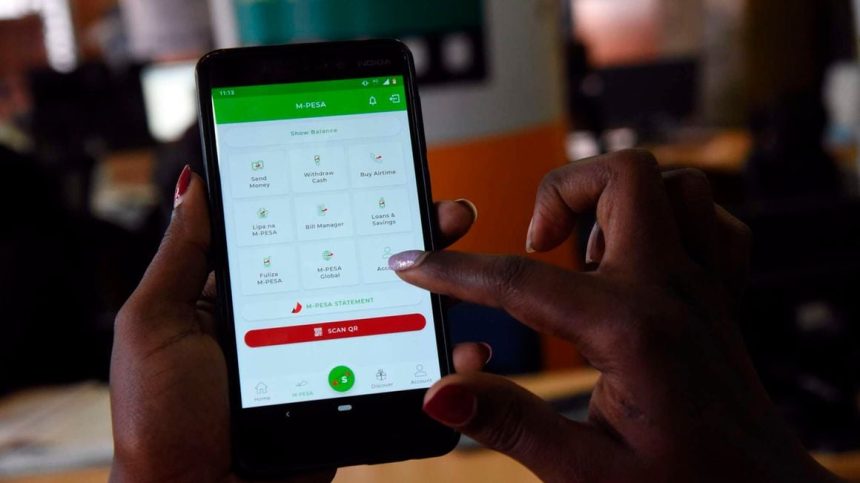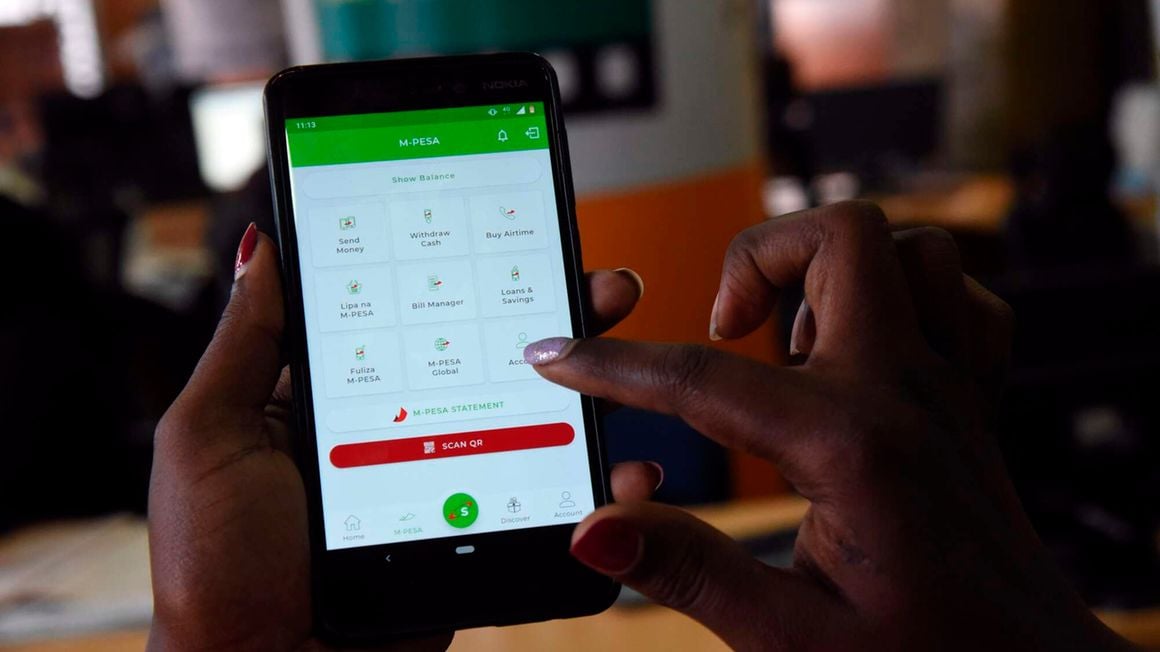M-Pesa users can now send money on the mobile platform and conceal their personal information from the recipient in a new development aimed at arresting spamming and identity theft incidents.
Through an application dubbed PrivPay unveiled by tech firm Siri Yangu Limited, M-Pesa transfer recipients will not have access to the sender’s name and phone number with the developer saying the feature will most prominently come in handy for payments to donations and charity.
“In instances where one doesn’t have cash on them and is reluctant to send money because they’re uncomfortable sharing their phone number or name with the recipient, PrivPay comes in handy to help send money privately via M-Pesa,” said Siri Yangu product manager Sandra Mbuvi.
“With the growing interest in consumer and data protection solutions in Kenya, I believe this is such a timely innovation that will resonate with many who are keen on data privacy and safety, especially in mobile money transfers.”
The service, which picks the funds for transfer from the user’s M-Pesa wallet and only acts as a payment transmitter, however, comes with an additional cost.
A spot check by Business Daily established that transferring Sh100 will for example cost a total of Sh13 comprising Sh4 collected by M-Pesa and Sh9 charged by PrivPay. A similar transaction is free on the M-Pesa ecosystem.
The extra charges are likely to limit the uptake of the service to those who place a premium on their privacy.
The use of mobile money has exposed users to leakage of their information including contacts which are used for mass marketing.
The PrivPay app, available for download for both Android and iOS, is currently only exclusively serving M-Pesa users with Siri Yangu disclosing plans to extend the service to Telkom Kenya’s T-Kash and Airtel Money in coming days.
Once the transaction is successful, the sender gets a message from PrivPay notifying them that the money has been delivered to the recipient while another message from M-Pesa indicates that the user has implemented a payment to Siri Yangu Limited.
The recipient on the other hand receives two messages, one from PrivPay and another one from M-Pesa.
None of the messages discloses the identity of the sender who is able to give a description of the payment.
Rising cases of data breach in recent times giving way to spamming and scamming practices have pushed up the demand for data privacy and protection solutions, with techies engaging in an overdrive in efforts to match the contemporary trends.
On the legal front, parliament last year okayed a set of regulations that require entities handling personal information as data controllers and data processors to register with the Office of the Data Protection Commissioner (ODPC).




